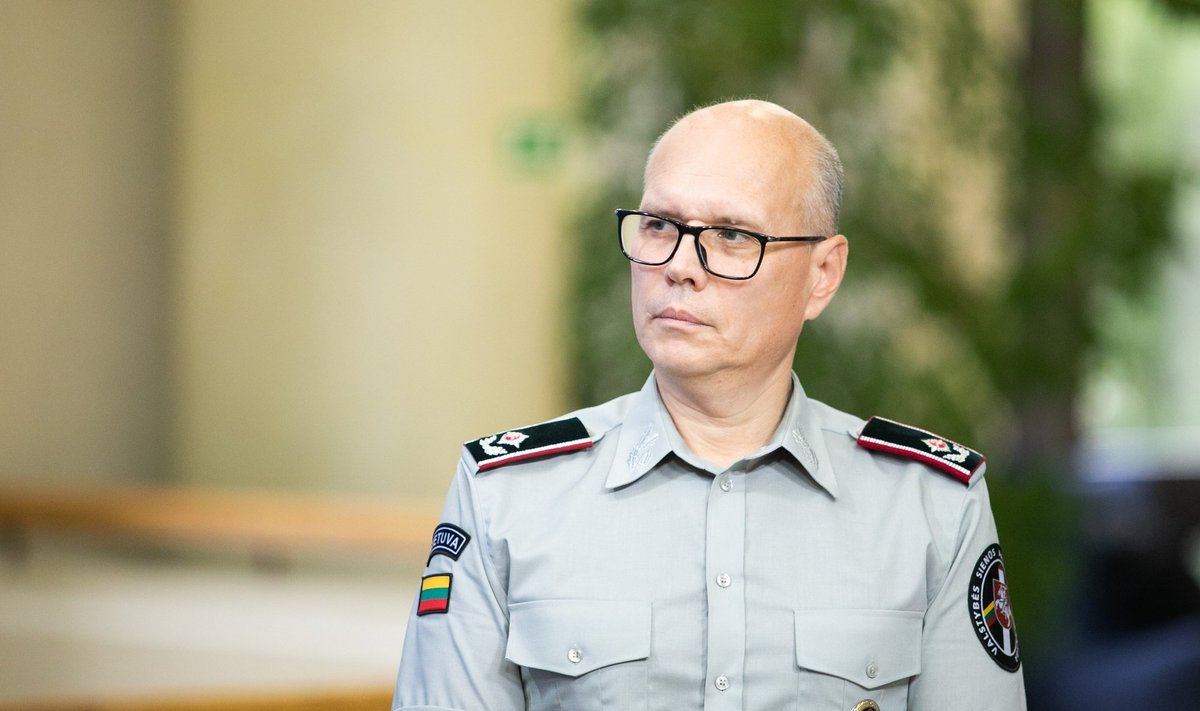"Speaking of those reports on possible violations of human rights, an investigation and discussion are taking place with the state, Lithuania, in this case, and we have to provide answers. We have provided responses to more than half of those reports or inquiries, and now the Frontex agency is looking into those assessments," Liubajevas told BNS.
In his words, there have been no cases when Lithuania, when providing its response, concluded that the violation had in fact taken place. "We have not recorded such cases," he said.
His comments came in response to a report by the EUobserver website when it cited Frontex chief Fabrice Leggeri as saying that "there are, if I remember correctly now 17, almost 20 let's say, serious incident reports with a suspicion of the violation of fundamental rights in Lithuania".
Liubajevas says he's aware of around 16 cases: one more report was received on Tuesday, on top of the existing ones. In one instance, the case was "closed" as no violation had been determined.
Liubajevas says he has met with Leggeri and spoken about those incidents, but he has no additional information yet as all those cases are still being investigated.
"Today, we met with the director and spoke briefly, and I asked what the situation with those reports was, all the more so he mentioned that. He also said he had no special results but saw no need to terminate the operation yet," the SBGS chief said.
Liubajevas pointed out that Frontex does not investigate violations but just looks at whether they could have happened, and based on that, the agency's head decides on whether to continue the Frontex operation or not.
"The majority of those reports were made in August. Despite those reports and that situation, the director made the decision to nevertheless continue that operation and that operation was extended on October 6 until November 30," Liubajevas said.
In his words, "quite a number of" reports are made during ongoing operations not only in Lithuania but also in other countries, but part of them did not necessarily have to do with human rights violations.
Lithuania provides explanations of existing national legislation, Liubajevas said.
"First of all, we provided explanations, information about our existing legislative base and what decisions have been made. Our key principle for our cooperation with Frontex and the European Union is really openness, and we really do not plan to hide anything," the SBGS chief said.
Vilnius says it introduced migrant push-backs in response to Belarus' hybrid attack on Lithuania and the European Union. Moreover, Lithuanian officials say, conditions have been created for migrants to ask for asylum at border checkpoints or embassies.
Almost 4,200 illegal migrants, mainly Iraqis, have entered Lithuania from Belarus so far this year.
